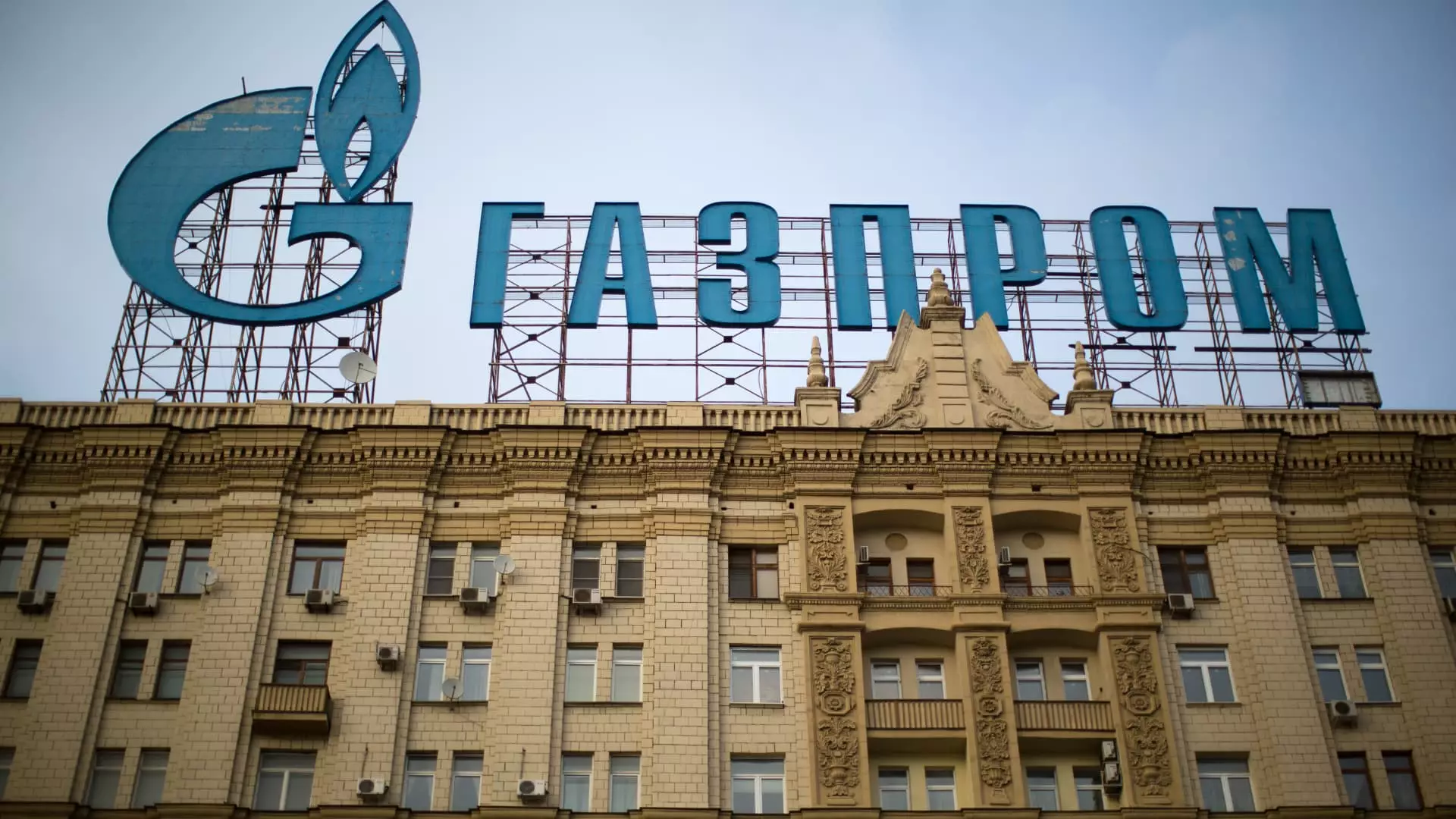The ongoing energy conflict between Russia and Moldova is yet another chapter in the broader narrative of geopolitical tensions in Eastern Europe. As Moldova grapples with its aspirations for integration into the European Union, Gazprom’s recent decision to cease gas supplies to the country underscores the precariousness of its energy dependency on Moscow. This article delves into the intricacies of this situation, examining the implications of Gazprom’s actions, Moldova’s response, and the broader context of energy politics in the region.
On January 1, Gazprom announced it would halt gas supplies to Moldova, citing a substantial unpaid debt. This declaration does not merely represent a business decision; it is a significant maneuver within larger power dynamics. Gazprom claims that Moldova owes it close to $709 million, an amount that has sparked fierce contention from Chisinau, which asserts that independent audits suggest a figure of only $8.6 million. Such stark discrepancies not only illustrate Moldova’s struggle for financial clarity but also highlight Gazprom’s potential use of economic pressure as a geopolitical weapon.
The halt in gas supplies is particularly alarming for Moldova, as it directly impacts the Kuciurgan power plant, the nation’s largest electricity generator. This facility is crucial for Moldova, as it provides power to a wide swath of the populace. By cutting off gas supplies, Gazprom is effectively disrupting the country’s energy lifeline, which is alarming for a nation already dealing with energy insecurity in the wake of Russia’s aggression in Ukraine.
In response to Gazprom’s decision, Moldovan officials have characterized it as an act of energy weaponization, designed to undermine the sovereignty and autonomy of the country. Such accusations are not unfounded, given Moldova’s complex history of Russian influence and interference. As a former Soviet republic, Moldova has long been caught between the desire for Western integration and dependence on Russian resources.
This tension has only been exacerbated by Gazprom’s actions, leading Moldova to declare a state of emergency in the energy sector. The Moldovan government is momentarily preparing for severe energy cuts by implementing strategies to conserve energy consumption. This includes notable measures such as reducing lighting in public spaces and urging industries to shift operations to off-peak hours.
Moldova’s response to this crisis includes not only immediate energy efficiency measures but also potential legal avenues to contest Gazprom’s claims. Prime Minister Dorin Recean has indicated that Moldova is prepared to analyze legal options, including international arbitration, to safeguard national interests amid Gazprom’s aggressive posture.
This proactive approach is indicative of a broader strategy aimed at diversifying energy sources and reducing reliance on Russian gas. Since the outset of the conflict in Ukraine, Moldova has recognized the importance of energy security and has actively sought alternatives, including building relationships with other countries to secure natural gas supplies through diversified channels.
This standoff is not isolated but part of a larger energy crisis affecting Europe. Following Russia’s invasion of Ukraine, many countries have tangibly felt the impact of energy supply disruptions. Gazprom’s previous cutbacks to Europe were deemed acts of energy blackmail, especially as European nations scrambled to secure alternative gas supplies at inflated prices.
Moreover, Moldova’s plight underscores a significant challenge facing many countries in post-Soviet space. As they attempt to distance themselves from Russian influence while navigating the complicated political landscape of the West, the fragility of their energy security looms large. Moldova’s situation serves as a microcosmic reflection of the broader challenges faced by countries in the region that are striving for independence from Russian energy dependence.
Moldova’s future energy landscape is uncertain as it grapples with the immediate impacts of Gazprom’s supply cessation and the broader geopolitical turbulence at play. As the country seeks to actualize its desire for a Western-oriented pathway, the actions of entities like Gazprom illustrate the ongoing complexities of energy politics. Ultimately, Moldova’s experience reflects the intricate dance of power, dependency, and independence that characterizes the ongoing struggles in Eastern Europe, leaving the nation to navigate a challenging path toward energy autonomy and stability.

